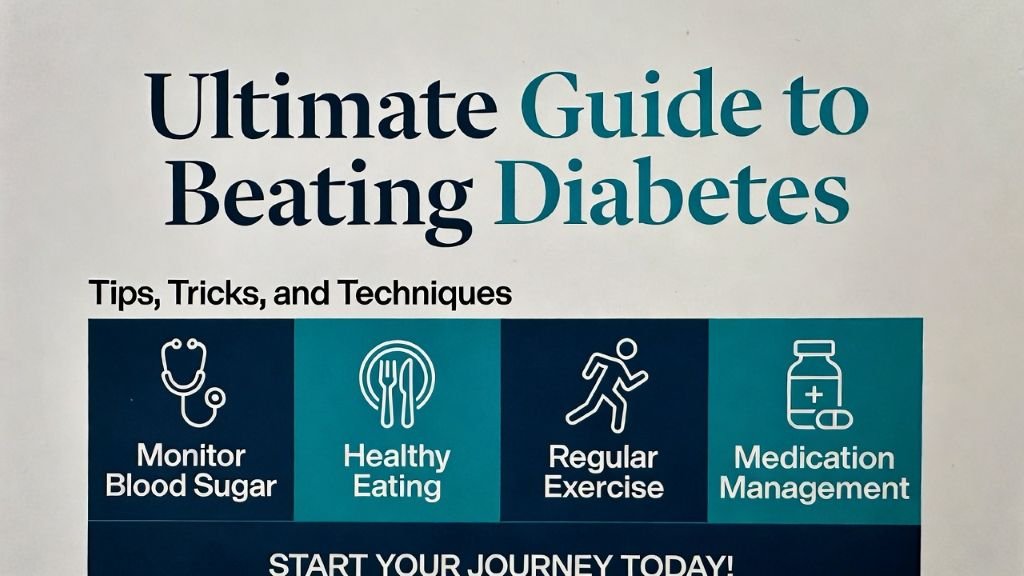By: Mike Francis
“I have low testosterone. There, I said it. “How did I know? Well, I didn’t really. See, I figured low testosterone would decrease my sex drive. But when I started losing energy and became moody, that’s when I had an honest conversation with my doctor. We discussed all the symptoms, then he gave me some blood tests, which showed it was low T. That’s it. It was a number, not just me.”
-A television/web ad for Androgel, a testosterone replacement gel
It works. Advertising for testosterone replacement medicine works. But that may not be a good thing. That’s the conclusion of a study published in JAMA, a journal of the American Medical Association. After examining television advertising in 75 markets, researchers found that men exposed to direct-to-consumer advertising for testosterone replacements took more testosterone tests and started more new prescriptions. Some started taking testosterone replacements after testing; others took replacements even without testing.
It’s that last point that especially concerned researchers. They noted that testosterone therapies were initially prescribed to treat a specific syndrome stemming from a disruption of the pituitary-hypothalamus-gonadal axis. But now many men take testosterone for nonspecific symptoms or age-related reductions in testosterone levels, often without having their testosterone levels checked.
“While other studies have demonstrated associations between (direct-to-consumer advertising) and increasing medication use, this study demonstrates increases in potentially inappropriate use and increasing initiation during a time when most testosterone uses was of questionable value for age-related testosterone decreases without strong evidence of benefit,” the researchers wrote.
We have written previously that testosterone therapy has been linked to an increased risk of heart attack and stroke.
Suggestions via advertising
Researchers found that each individual advertisement for “low T” remedies was associated with a small increase in testosterone testing, the start of treatment, and the start of treatment without testing. But the cumulative effect of the advertising on testing and treatment rates was “substantial,” they said.
Rates of advertising followed by testing and treatment varied according to geography, but researchers said a testosterone replacement gel called Androgel was “the most widely used branded product during the entire study period” and that “its advertising was associated with increased rates of testing and initiation.”
“These findings illustrate the association between mass marketing efforts and demand for a prescription drug in a context in which it has been widely overused,” researchers said.
Scrutiny for direct-to-consumer advertising
Companies were first permitted to advertise prescription medications directly to consumers in 1997. Studies later showed a connection between advertising and increased prescribing of medications, alarming groups such as the American Medical Association, which in 2015 called for a ban on this type of advertising.
Such advertising resulted in higher marketing costs and, thus, higher drug prices, the AMA said at the time. “Direct-to-consumer advertising also inflates demand for new and more expensive drugs, even when these drugs may not be appropriate,” the group said.
The United States is one of the few countries that permit direct-to-consumer advertising of prescription drugs. Drugmakers spent more than $6 billion on direct-to-consumer advertising last year, according to Kantar Media, a media consultant.
Please review our business at: Google Yelp Facebook
If you’d like to learn more, please visit our Member’s Area to access our subscribed content.
Did you know you can work out and exercise with a trainer at your home, office, hotel room, or anywhere in the world with online personal training?
Like us on Facebook/Connect with us on LinkedIn/Follow us on Twitter
Make sure to forward this to friends and followers!






